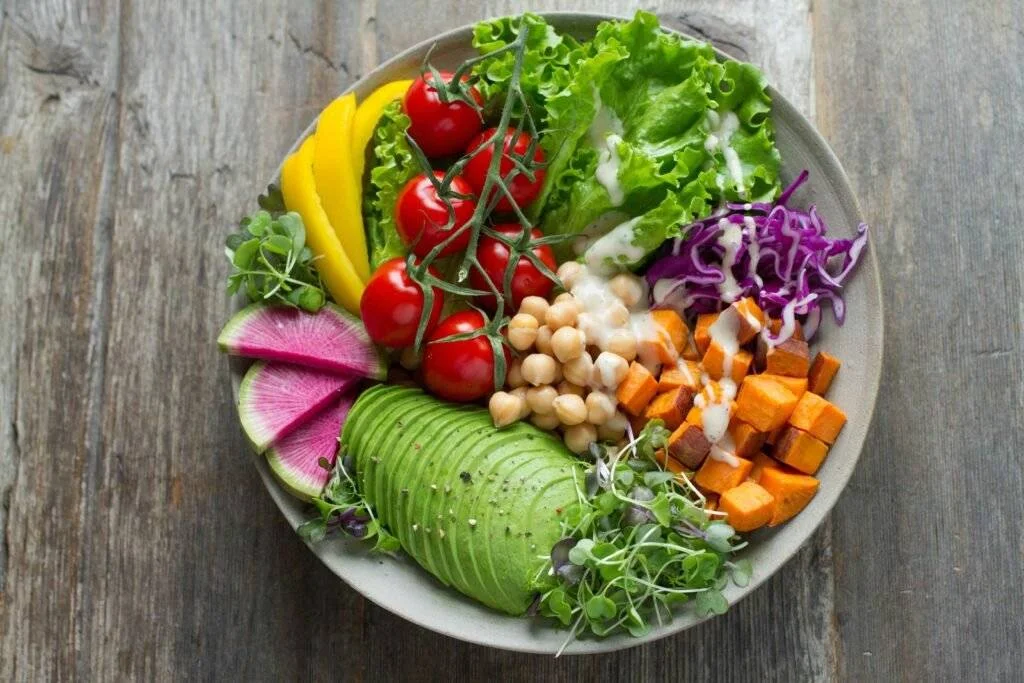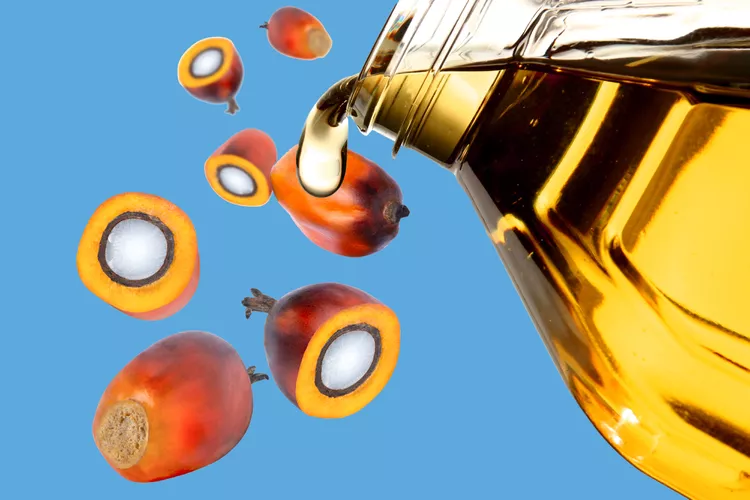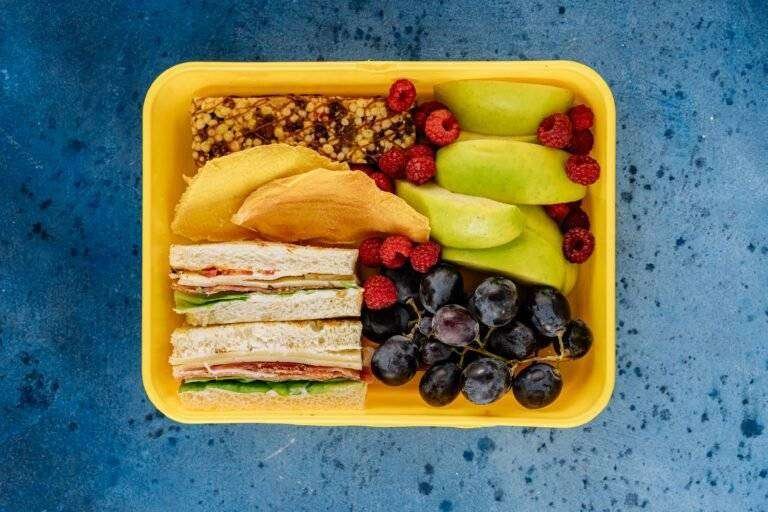The 7 Best High-Fiber Fruits You Should Eat, According to a Dietitian
Introduction
In an age when health and nutrition puzzle together to make our lives healthier, there can be no denying the importance of dietary fiber. Finally, fiber is a rockstar nutrient that supports good digestion and helps to keep blood sugar levels stable as well as playing devil’s advocate when it comes time to eat big portions for weight management. While the high fiber from vegetables and whole grains has long been recognized, fruits also make an important contribution to our daily intake of this essential nutrient. Dietitians emphasize you should include these seven in your everyday food items and enjoy the numerous benefits of high-fiber fruits.

1. Raspberries
Raspberries are tart and can do more than be added to cocktails, they pack a ton of fiber too. Those berries pack the most fiber per cup of any produce, with an impressive 8 grams. Add to smoothies, sprinkle on yogurt, or eat raw by the handful.
2. Pears
With about 6 grams of fiber in every medium-sized pear, they are a force to be reckoned with when it comes to this valuable nutrient. Pears are great because you can eat them raw or cooked, meaning each method changes the overall experience and texture while maintaining all that fiber.
3. Apples
An apple a day keeps the doctor away (in part because they contain fiber). Apples With around 4 grams of fiber per medium apple, this sweet fruit makes a perfect snack. Apples: By far an easy, portable snack, and they can be eaten unpeeled to absorb all the nutritional benefits from their fibrous skin.
4. Bananas
Although known for their potassium, bananas are an excellent source of dietary fiber — about 3 grams per medium banana. C2 / Bananas — with their natural sweetness and creamy texture, bananas are a popular smoothie selection as well as many healthy desserts.
5. Oranges
Fibre: 3 grams per medium-sized fruit Plus, we all know about oranges and their high vitamin C content too! We think of oranges as something to peel and eat but try throwing some sections into salads or using the zest for flavoring.

6. Avocados
Avocados are of the fruit variety (even though they can be classified as a vegetable or even fat source) and just so happen to contain some soluble fiber. One avocado has around 5 grams of dietary fiber. Avocado — This creamy, green fruit is rich in fiber and helps you feel full longer when spread on toast or mixed into guacamole.
7. Blackberries
Blackberries are a fiber powerhouse with 7 grams of fiber per cup. Graze Afterlight These berries are from Graze and will go great in oatmeal or yogurt, but also taste good just as they sit. Their rich color also suggests a high content of antioxidants, further contributing to their health benefits.

Faqs
What are the benefits of eating high-fiber fruits for digestion?
High-fiber fruits help support digestive health by improving bowel movements and preventing constipation. Fiber adds bulk to stool and promotes regularity, supporting a healthy gut microbiome.
Can high-fiber fruits assist with weight loss?
Yes, high-fiber fruits contribute to weight loss by increasing feelings of fullness, reducing hunger, and controlling blood sugar levels. Fiber slows digestion, helping you feel satisfied longer.
Are all high-fiber fruits equally beneficial?
Not all high-fiber fruits offer the same benefits. While fruits like raspberries and pears are fiber-rich, each type also provides unique vitamins and minerals that contribute to overall health. Variety is key to maximizing benefits.
How much fiber should I get from fruits each day?
Aim to include 25-30 grams of fiber in your diet daily. By eating a variety of high-fiber fruits, such as apples, bananas, and berries, you can easily meet your fiber intake goals.
Which high-fiber fruits are best for heart health?
Fruits like apples, pears, and berries are particularly beneficial for heart health due to their high fiber content. These fruits help lower cholesterol, regulate blood pressure, and support overall cardiovascular function.
Conclusion
Adding them to your diet is a great and tasty way to get more dietary fiber too. They are not only good for your digestion but also rich in vitamins minerals, and antioxidants which help with overall well-being. Fruit is always better with variety, so try to enjoy as many of these fruits (or a mix of all!) in your diet.
Remember, everyone has different dietary preferences and needs — if you have a specific health condition or goal, please consult with your dietitian or healthcare provider to create an eating plan that’s best for YOU. Sip up on these and kick that unhealthy gut to the curb.





